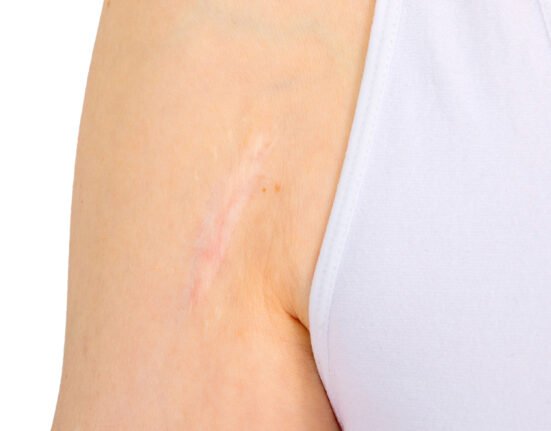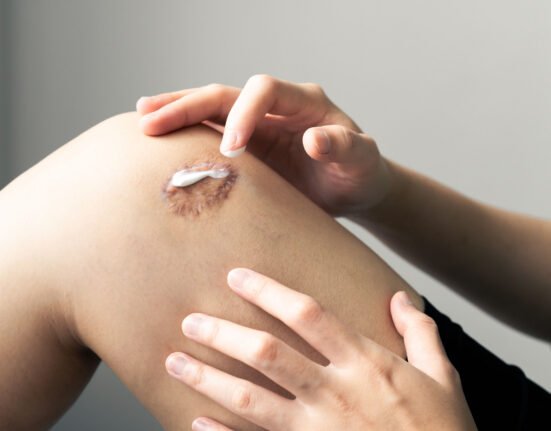Protein, iron, zinc, and vitamins A and C all play crucial roles in helping your wounds heal faster and better. This is the right wound healing diet for your wound recovery.
Food is the fuel that keeps your body running, and nutritious food keeps it running well. What you eat directly impacts your energy, immune system, muscle strength, and, importantly, how quickly your wounds heal.
Poor nutrition before or during recovery can delay the healing process. On the other hand, a well-balanced diet supports the body in fighting infection and building new tissue more efficiently.
Why Nutrition Matters in Wound Healing
When you’re injured, your body needs extra energy and nutrients to meet increased demands and support tissue regeneration. One key to wound healing is collagen, a protein that gives structure and strength to your skin, muscles, and connective tissue.
Getting enough calories, protein, vitamins, and minerals is essential for optimal healing, especially if the wound is deep, slow to heal, or prone to infection, like diabetic ulcers, pressure sores, or post-surgical wounds.
What Your Body Needs During the Healing Process?
Wound Healing Diet!

1. Calories
Calories provide the energy your body needs to repair damaged tissue. Depending on your body size and wound severity, your caloric needs increase during wound healing.
- Choose quality calories:
Healthy snacks like avocado, cheese, nuts, and dried fruit - If your appetite is low, eat small but frequent meals to keep your energy up without feeling bloated
2. Protein
Protein builds, maintains, and repairs body tissue. Without enough protein, collagen production slows down, and wounds take longer to heal.
Good sources of protein include:
- eggs, fish, and dairy;
- tofu and tempeh;
- beans, legumes, and seeds.
People with chronic wounds or diabetic ulcers who use wund+™ products are especially encouraged to meet their protein needs, as their skin tends to heal more slowly than healthy skin.
3. Vitamins & Minerals
- Vitamin C: Boosts collagen production and speeds up healing.
Sources: oranges, kiwi, tomatoes, broccoli, spinach - Vitamin A: Stimulates skin cell regeneration
Sources: carrots, sweet potatoes, orange and green leafy vegetables - Zinc: Supports immune function and tissue formation
Sources: red meat, legumes, and pumpkin seeds
Vitamin C and zinc deficiency can delay wound healing and increase infection risk. So, in addition to topical products like wund+™ Regeneration Cream or wund+™ Wound Spray, ensure your body gets the internal nutrients it needs to rebuild skin from within.
4. Manage Your Blood Sugar
If you have diabetes, stable blood sugar levels are key to proper healing. Uncontrolled blood sugar can damage small blood vessels and limit the flow of nutrients to injured tissues.
Use wund+™ Wound Spray to cleanse diabetic wounds gently without stinging—safe for sensitive skin. Meanwhile, choose foods that won’t spike your blood sugar dramatically.
5. Stay Hydrated
Hydration helps keep your skin supple and prevents cracking. Dehydrated skin becomes fragile and heals more slowly.
Hydration tips:
- Drink water regularly—even in small amounts.
- Eat water-rich fruits like watermelon and melon.
- Limit sugary or caffeinated drinks.
Faster Healing, Healthier Skin
Effective wound care requires a dual approach:
- External care using products like wund+™ Wound Spray and wund+™Regeneration Cream.
- Internal support through a nutrient-rich, wound-healing diet.
With this combination, wounds can heal faster, skin tissue becomes stronger, and the risk of scarring is reduced, especially when followed up with wund+™ Scar Gel to help optimize your final skin recovery.
References
Cleveland Clinic. Diakses pada 2025. Foods to Help Healing.
Wound Care Herbarics. Diakses pada 2025. 4 Healing Food Essentials That Promote Wound Healing.














Leave feedback about this